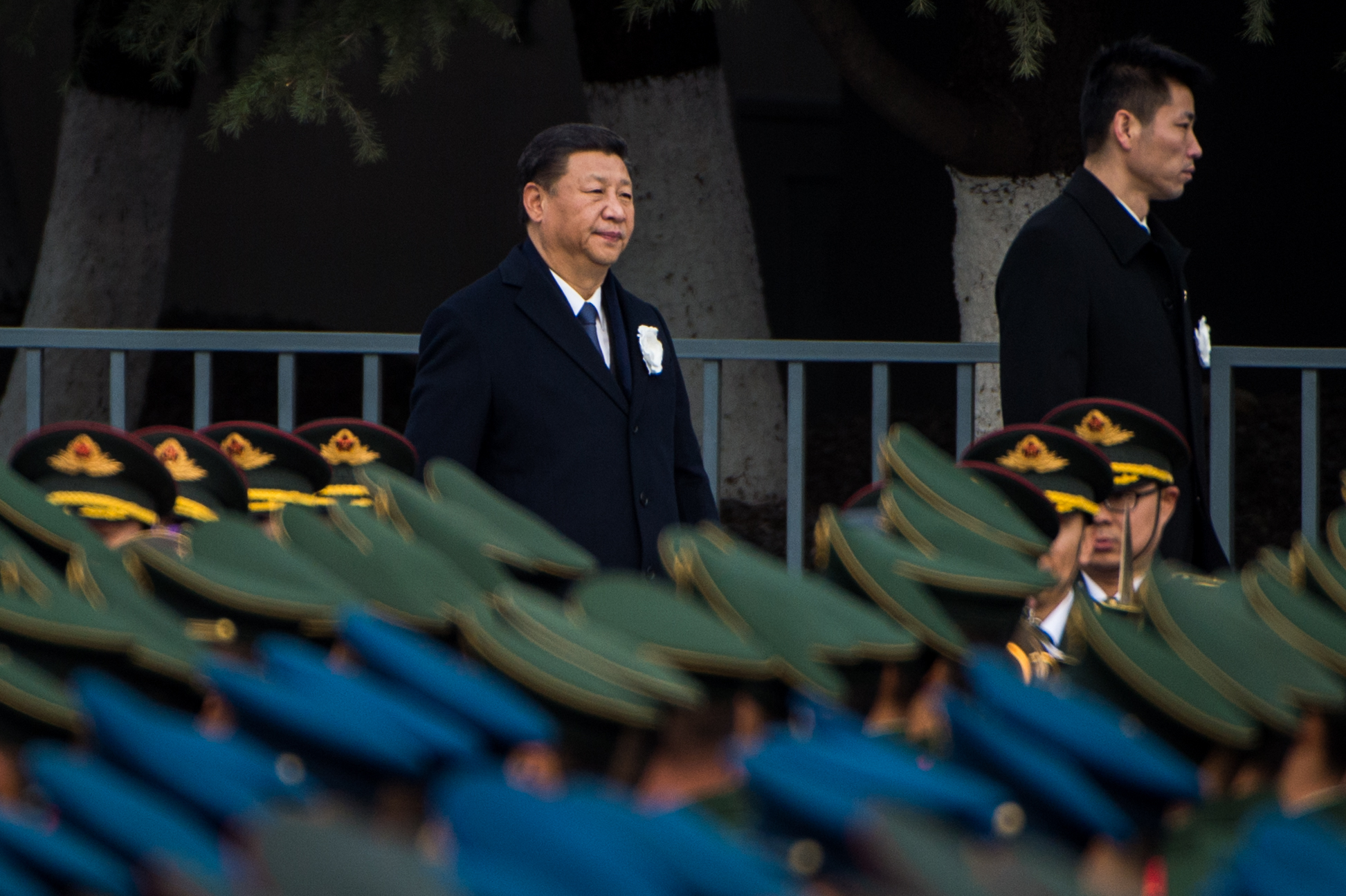U.S. President Donald Trump's "America first" diplomacy demonstrated during his November visit to five Asian nations will likely intensify the competition and rivalry between Japan and China over their respective influence in the Asia-Pacific region.
Although Prime Minister Shinzo Abe and Chinese President Xi Jinping hailed a "fresh start" for the Japan-China relations during their meeting held on the sidelines of the Asia Pacific Economic Cooperation summit in Vietnam last month, the prospect for an early improvement of Tokyo-Beijing ties appears rather slim, given the fundamental differences in their respective global strategies, not to mention thorny issues that have frozen the bilateral ties for years, such as differences in interpretation of their past history, the disputed islands in the East China Sea, and China's aggressive maritime activities in the South China Sea.
For Japan, its foreign policy goal has been and will continue to be a leading power in the Asia-Pacific region while curbing China's growing influence through close alliance with the United States. That of China, on the other hand, is to create an empire within this century with its "One Belt, One Road" initiative aimed westward all the way through Europe and by curbing as much U.S. influence as possible in the western Pacific. The U.S. receding from the region via Trump's "America first" policy will undoubtedly put the two countries on a course for even fiercer competition for influence in East Asia and beyond.



